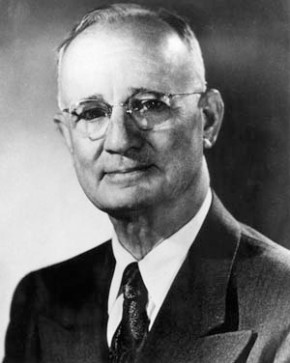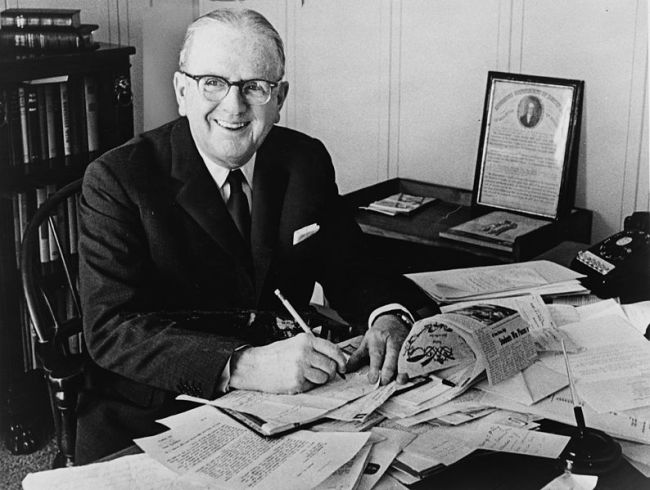Yesterday I had talked about 8 enemies of happiness which resides in
human’s body or soul. I had detailed 4 out of these that is anger, fear,
jealousy and indecision. If you have contemplated as suggested, am
confident that you would have found sufficient relevance of this
discussion. Today I shall talk about attachment, hesitation,
procrastination and greed. These are also happiness spoilers. Greed if
goes unrefined, can cause disaster.
Attachment: Bhagwad Gita advises that any human should not be attached to anything. By attachment I mean you should never have such proximity that separation to that particular object may cause distress. Change is the law of Nature. Everything changes. These changes are bound to bring some objects (including people) close to you and some other away from you. In both situations you have to maintain your poise realizing that this is how life is. It was like this. It is so now. And it will remain the same in all times to come. So for our own happiness we can start practicing non attachment.
In my next posting I shall talk about ‘Enemies of Happiness’ outside.
Thanks for reading.
Attachment: Bhagwad Gita advises that any human should not be attached to anything. By attachment I mean you should never have such proximity that separation to that particular object may cause distress. Change is the law of Nature. Everything changes. These changes are bound to bring some objects (including people) close to you and some other away from you. In both situations you have to maintain your poise realizing that this is how life is. It was like this. It is so now. And it will remain the same in all times to come. So for our own happiness we can start practicing non attachment.
Hesitation: Hesitation for anything must be avoided.
Your expression is important. If you hesitate to express or to take any
action, the opportunity lost will never come back.
Procrastination: It is malady which inflicts some of
us. Postponing tasks or decisions do not allow one to grow. Self esteem
is lost and guilt inside the mind grows. Therefore it’s best to
eradicate the habit of procrastination.
Greed: Greed grows like cancerous cells. Ambition is
not greed so therefore both these terms must be understood in their
proper perspective. Without ambition you tend not to set your goals and
follow them. But greed of any kind mostly takes human to a disasters
end. In life, we have example of Hitler. In literature, we have example
of Macbeth. The character of Macbeth in Shakespearean play by the same
name is nothing but an embodiment of Greed. So banish Greed, altogether!
Thanks for reading.








